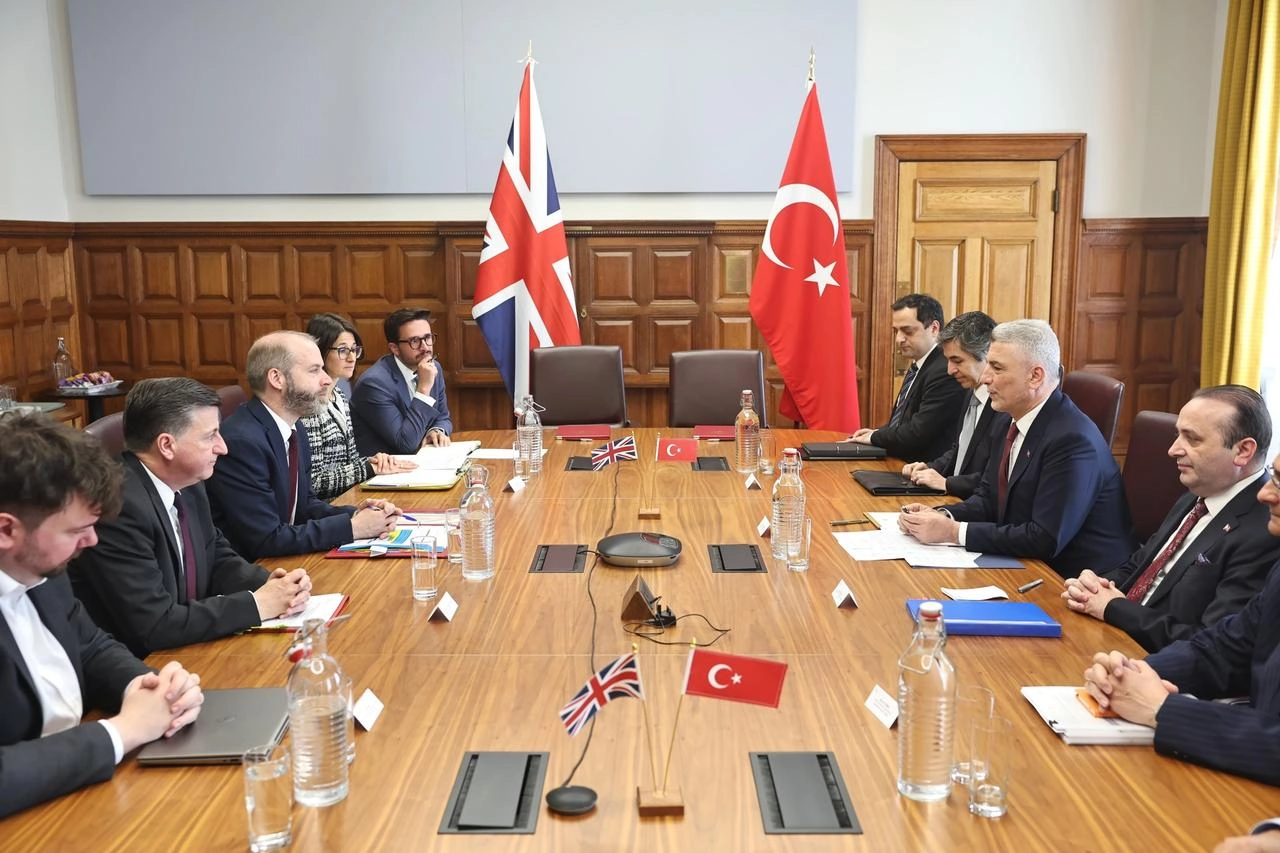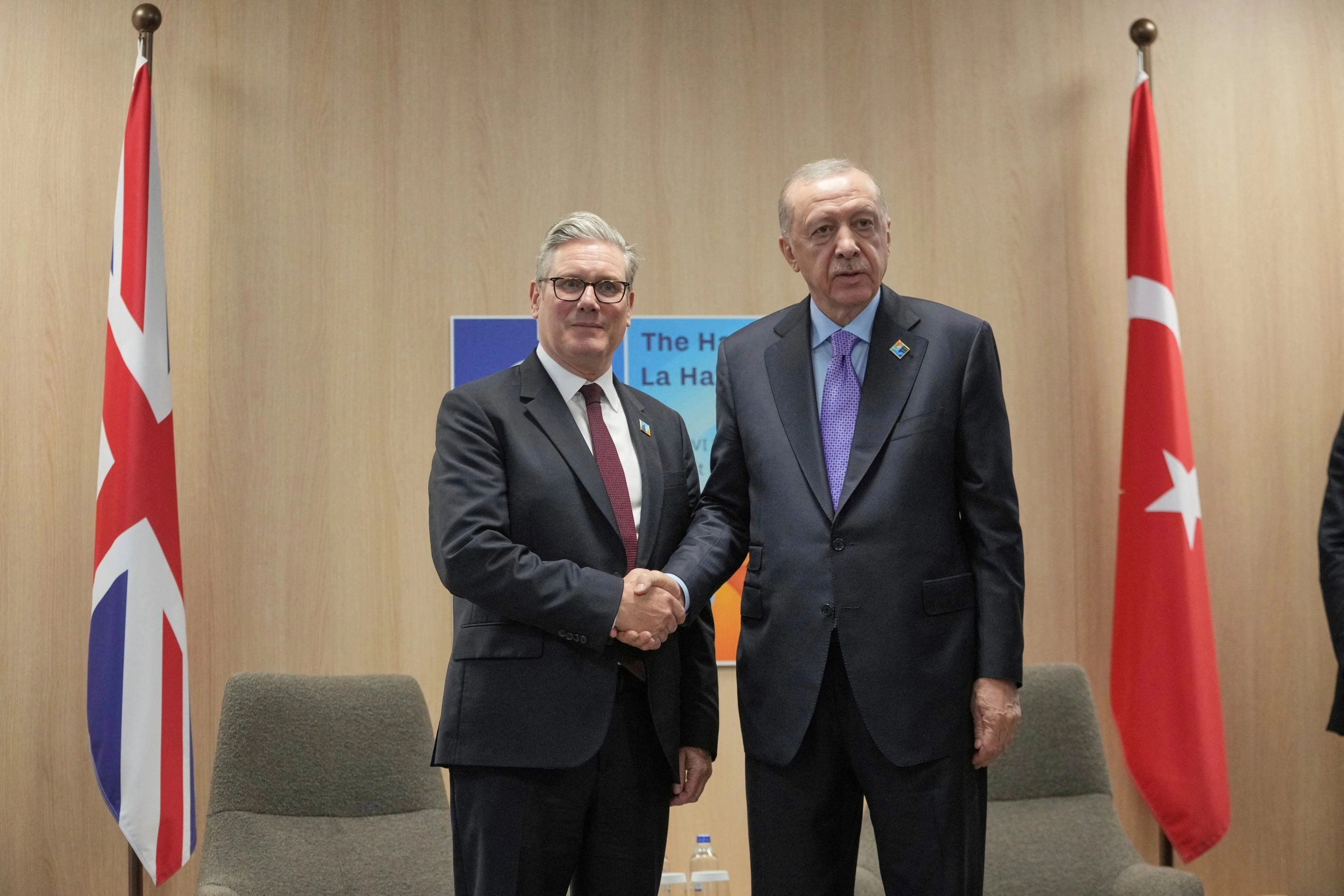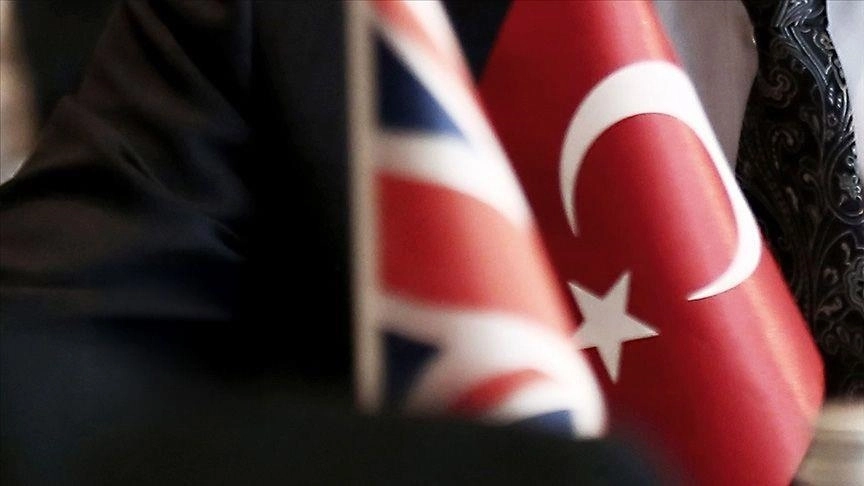Ankara and London Conclude First Round of Free Trade Agreement Negotiations: What’s Next?
What does the recently concluded first round of free trade agreement (FTA) negotiations between Turkey and the UK mean for both nations? Why is this deal significant, and how will it impact businesses and consumers? As Ankara and London take a crucial step toward strengthening economic ties, let’s explore the implications, challenges, and opportunities of this landmark agreement.
1. The Significance of the Turkey-UK Free Trade Agreement
The first round of negotiations for a comprehensive free trade agreement between Turkey and the UK marks a pivotal moment in post-Brexit trade relations. With the UK no longer part of the EU’s customs union, both nations are seeking to establish a bilateral framework that ensures seamless trade continuity and fosters economic growth.
Turkey is the UK’s 18th largest trading partner, with bilateral trade worth approximately £18.6 billion in 2022. Key sectors such as automotive, textiles, and machinery dominate this exchange. A well-structured FTA could eliminate tariffs, reduce bureaucratic hurdles, and open new markets for businesses on both sides.
Real-world example: Turkish automotive exporters, who previously benefited from EU trade terms, now face uncertainty. A dedicated FTA with the UK could secure their access to one of Europe’s largest car markets, benefiting companies like Ford Otosan and Tofaş.
2. Key Areas of Negotiation
The negotiations are expected to cover several critical areas, including:
- Tariff Reductions: Both nations aim to lower or eliminate import duties on key goods.
- Services and Investments: Enhancing cross-border service provisions and protecting investments.
- Digital Trade: Establishing rules for e-commerce and data flows.
- Sustainability: Incorporating environmental and labor standards into the agreement.
One contentious issue could be rules of origin, as Turkey’s existing customs union with the EU complicates supply chains. Negotiators must find a balance that satisfies both Turkish manufacturers and UK importers.

3. Economic Benefits for Both Nations
A successful FTA could yield substantial economic benefits. For Turkey, it means securing a stable export market amid fluctuating EU relations. For the UK, it’s an opportunity to diversify trade partners post-Brexit.
Practical impact: Turkish textile exporters, who contribute significantly to the UK’s retail sector, could see increased demand if tariffs are lifted. Conversely, British financial and legal services may find new opportunities in Turkey’s growing economy.
Economists estimate that a well-negotiated deal could boost bilateral trade by 15-20% over five years, benefiting SMEs and large corporations alike.

4. Challenges and Potential Roadblocks
Despite the optimism, several challenges loom:
- Regulatory Alignment: Differences in product standards between the UK and EU (which Turkey follows) may require compromises.
- Political Factors: Geopolitical tensions or domestic opposition in either country could delay ratification.
- Timeline Pressures: Both sides aim to finalize the deal by 2024, but complex negotiations often take longer.
For instance, the UK’s strict food safety regulations might clash with Turkey’s agricultural export ambitions, requiring careful negotiation.
5. What Businesses and Consumers Can Expect
Once implemented, the FTA will have tangible effects:
- Lower Prices: Reduced tariffs could make Turkish goods like electronics and home appliances cheaper in the UK.
- Job Creation: Increased trade may lead to new employment opportunities in logistics, manufacturing, and services.
- Market Expansion: UK firms can tap into Turkey’s strategic position as a gateway to the Middle East and Central Asia.
Example: A British whiskey producer could benefit from lower Turkish import duties, gaining access to a burgeoning consumer market.
6. The Road Ahead: Next Steps in the Negotiation Process
With the first round concluded, both nations will now analyze proposals and prepare for subsequent rounds. Stakeholder consultations, impact assessments, and legal reviews will shape the final agreement.
If successful, the Turkey-UK FTA could serve as a model for other post-Brexit trade deals, showcasing how nations can build mutually beneficial partnerships outside the EU framework.






